October 20, 2017
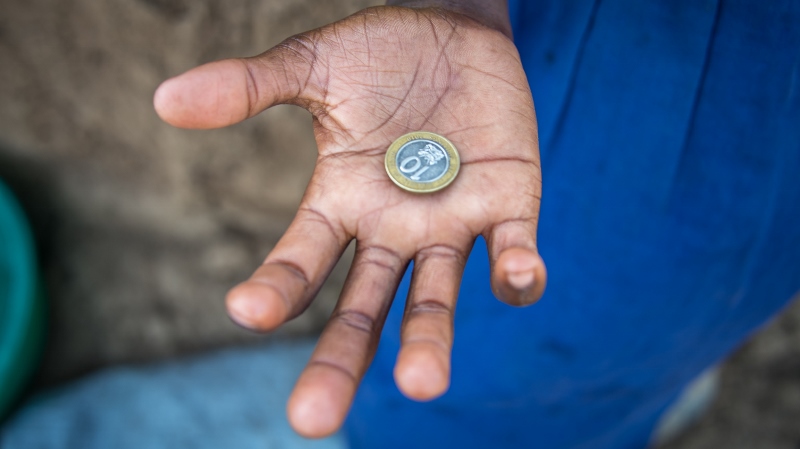
Every Friday, we offer you a reflection on the Sunday gospel. This week’s reflection was written by Dr Susy Brouard, who works in CAFOD’s Theology Programme.
Sign up to our weekly email reflections
Based on the Gospel for Sunday 22 October – Matthew 22:15-21 “Give back to Caesar what belongs to Caesar – and to God what belongs to God”
The Religious authorities are determined to undermine Jesus’ authority and once again Jesus manages to undermine their authority instead.
Clearly, the authorities do not stand apart from the Roman occupation, since they readily seem to be able to produce a coin with Caesar’s head on it. It is significant that Jesus is unable to produce a coin himself since he is homeless, dependent on the goodness, generosity and hospitality of others.
Jesus affirms the need to fulfil our civic duties, but even more so – as creatures who are bearers of God’s image – we are called to go beyond the law showing love, mercy and justice to others and to all of creation. This love is made manifest not in a passive desire to avoid doing wrong, but in an active determination to work for the flourishing of all.
Dear Lord, help us to fulfil our civic duties towards one another and towards the common good. Help us to remember that every person is made in your image, and every part of creation reflects your glory. Inspire us to use our civil rights to advocate for the flourishing of all peoples and all creation. Amen.
Follow our weekly reflections on the Sunday Gospel
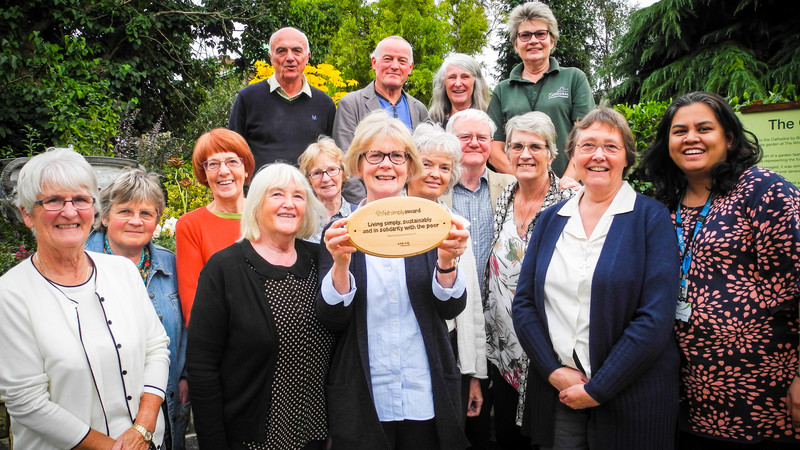
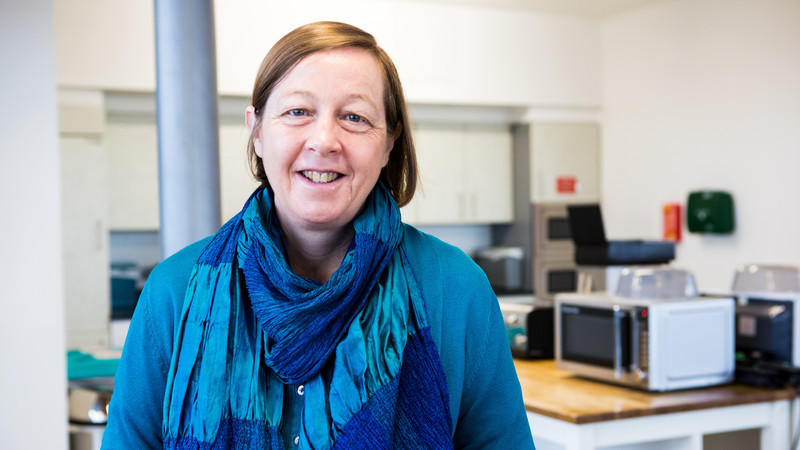
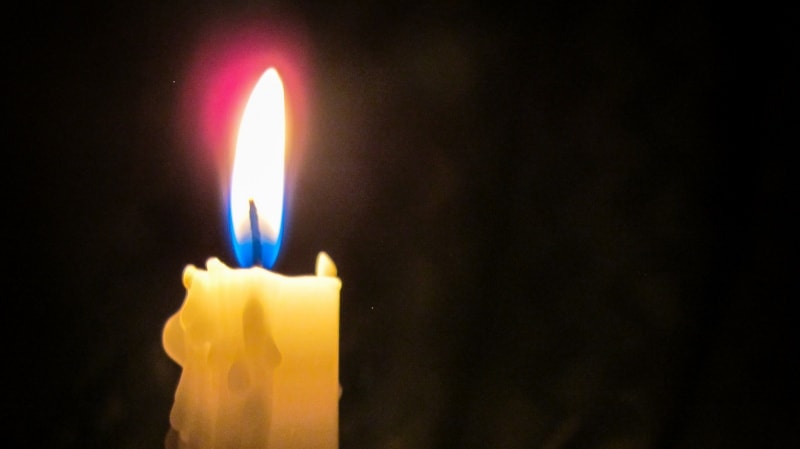
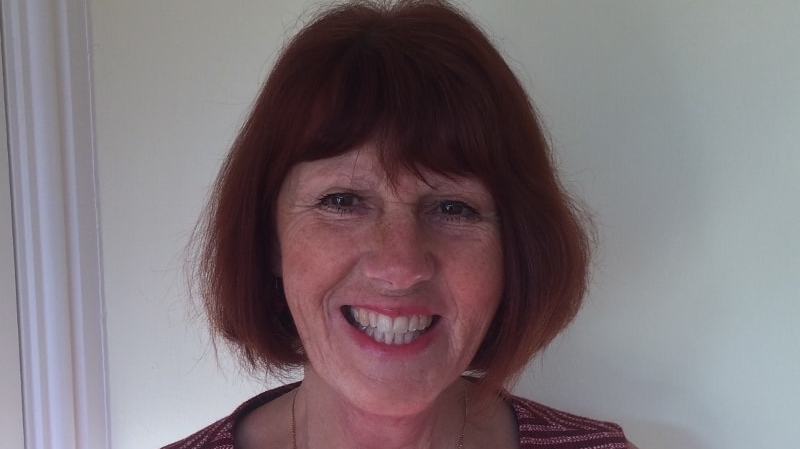

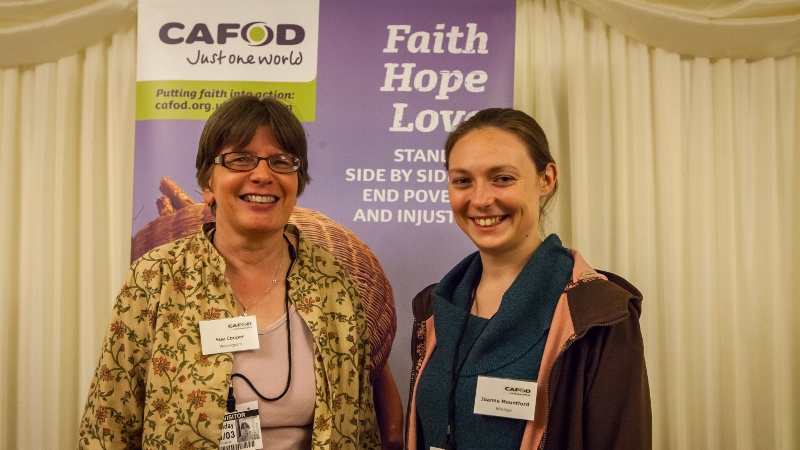
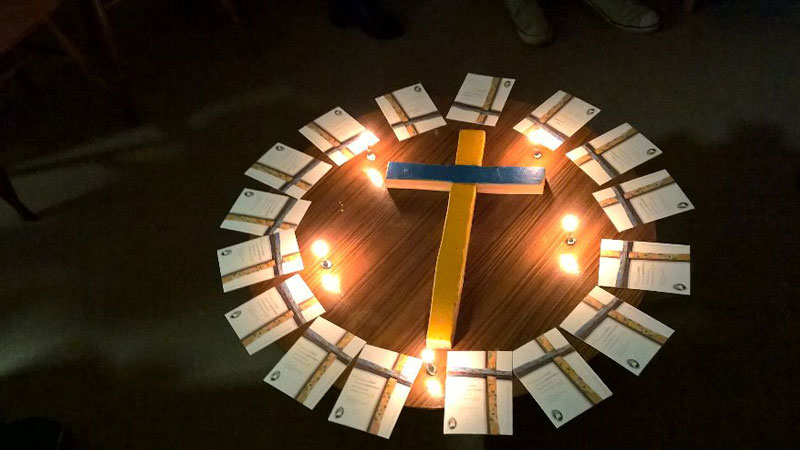
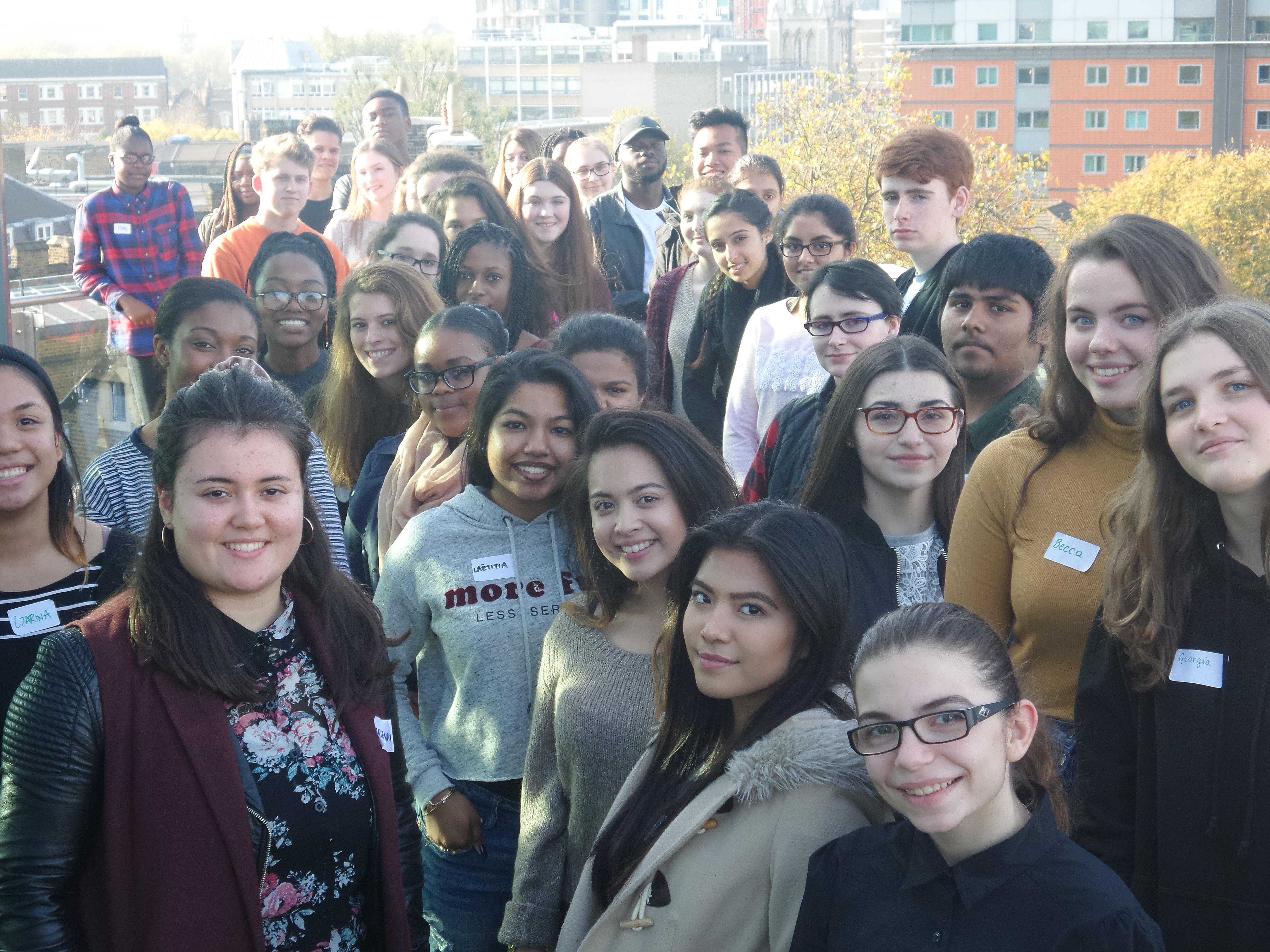
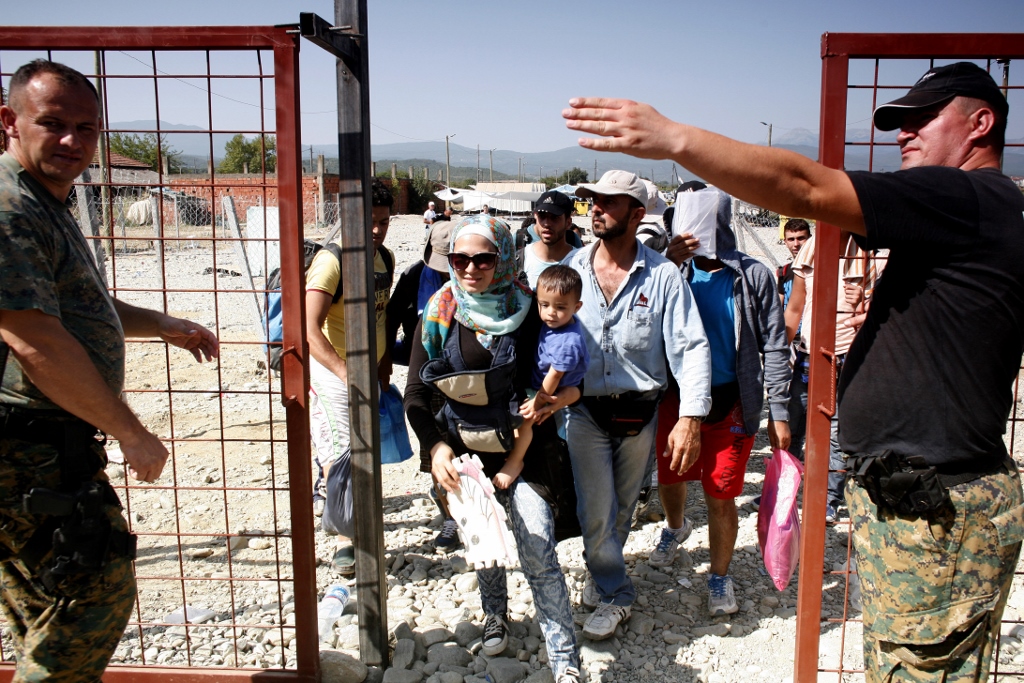 A couple of weeks’ ago I walked through the Door of Mercy at St George’s Cathedral, Southwark with CAFOD colleagues from all around the country. We were praying for refugees and migrants, forced to leave their homes in search of a better life. And as we heard the stories of our brothers and sisters from around the world, intertwined with Scripture, Catholic Social Teaching and prayers, we were moved – imagining ourselves in their shoes, and recognising the need for God’s mercy in our world.
A couple of weeks’ ago I walked through the Door of Mercy at St George’s Cathedral, Southwark with CAFOD colleagues from all around the country. We were praying for refugees and migrants, forced to leave their homes in search of a better life. And as we heard the stories of our brothers and sisters from around the world, intertwined with Scripture, Catholic Social Teaching and prayers, we were moved – imagining ourselves in their shoes, and recognising the need for God’s mercy in our world.